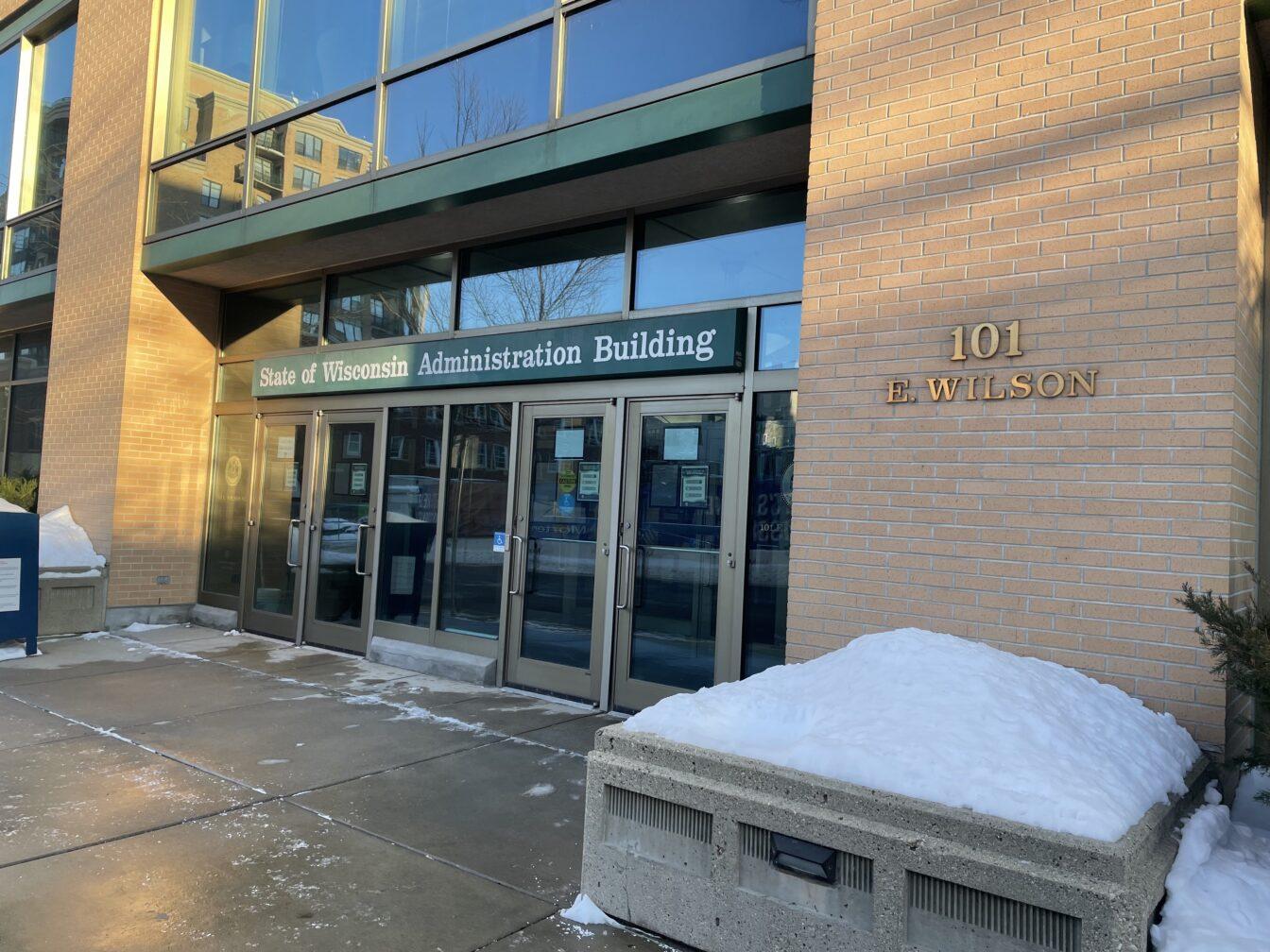The Wisconsin Emergency Rental Assistance program (WERA) is no longer taking new applications for the program after Jan. 31, due to low remaining funds. WERA launched in February 2021 to help Wisconsin residents avoid eviction and catch up on overdue utility bills. The Federal Emergency Rental Assistance Program in the Department of the Treasury has been funding WERA.
Similarly, beginning in March of this year, additional Supplemental Nutrition Assistance Program (SNAP) benefits will not be available for Wisconsin households. SNAP benefits expanded during the COVID-19 pandemic to distribute an additional minimum of $95 more per month to families, based on their household size.
Benefits from WERA and SNAP are part of a larger group of benefits that fall under the umbrella of social welfare programs. These welfare programs aim to help people in need, and help to an extent, but these programs come with disadvantages. Crucially, they may not be creating the long-term benefits that could be created through a universal basic income.
Zoning changes in historic districts offer inclusive solution to housing crisis
One disadvantage of the existing welfare programs is there is not enough supply to meet demand leading to waiting lists, premature ending of programs and some left without benefits completely. The finite amount of funds have been depleted in the face of Wisconsin’s eviction crisis, with 52,549 eviction filings since 2020, according to Wisconsin Public Radio.
Other social welfare programs also lack the resources to help all those in need. Temporary Assistance to Needy Families is the main cash assistance welfare program in the United States. But only 23% of poor families received assistance from that program in 2018, according to the Center on Budget Policy and Priorities.
Further, State General Assistance programs — which provide assistance to people who are very poor and don’t have children or qualify for other programs — don’t exist in some states and provide limited assistance to people who need it in others. This further illustrates that many existing welfare programs don’t currently support as many people as are in need.
Another problem with existing social welfare programs is dependence. Programs that are structured in ways that take away benefits with modest increases in income may incentivize people to stay in lower-paying jobs, a decision that many would make when looking at the financial breakdown of losing welfare benefits.
UW’s meat alternatives face public concerns over price, health stigmatizations
Some social welfare programs don’t require recipients to work or go to job training programs which can cause issues in the long-term if they lose welfare benefits. Evidence shows that even the welfare programs that do require recipients to work don’t necessarily have an effect on reducing poverty. It seems that within the traditional welfare framework, meeting the needs of diverse recipients is a difficult balancing act.
Some of the problems presented by existing social welfare programs may be solved by a universal basic income. Instead of failing to meet the demand of impoverished people and creating a dependency that can be harmful when welfare programs run out of money, a universal basic income system may better equip people with the skills and resources they need to rise above the poverty line.
A universal basic income (UBI) is a regular, unconditional cash payment from the government to individuals. Many of the existing social welfare programs exist as nets that lift people up when needed — UBIs are more of a bottom-line, guaranteed level of payment. A UBI could provide enough to allow many people to live a life they couldn’t on other social welfare programs.
In respect to WERA, with the existing presence of a UBI, there may not have been a need at all. According to the Washington Post, UBIs increase economic stability and empower people to make their own choices, ultimately creating a path to lift them out of poverty in the long term.
The idea of UBI or guaranteed income is not new to Wisconsin. The University of Wisconsin Institute for Research on Poverty has contributed to the Madison Forward Fund, which was launched in September 2022.
Madison climate plan demonstrates need for local efforts to combat climate change
This fund provides unconditional cash payments of $500 to 155 households for a year to test the effect of guaranteed income programs. This research, and other studies like it, will be important in the future for policies surrounding social welfare programs and universal or guaranteed income programs.
Unlike traditional welfare programs, which face arguments that they decrease the incentive to work, UBI may actually increase employment. Since there is no risk of losing out on benefits with higher wages, job advancement may increase as people have more money available for other vital needs, such as transportation or childcare.
Existing social welfare programs certainly do help many people in need and might even have measurable long-term benefits. But perhaps the most important drawback is they don’t help everyone in need. A universal basic income guaranteed for years to come could provide enough assistance to replace the need for programs like WERAA or SNAP that may not guarantee long-term, stable benefits.
Ultimately, there may still be a need to conduct further research on the long-term impacts of universal basic incomes. But the bottom line is current programs aren’t enough for those in need. Guaranteed income programs in Madison represent a hopeful step for the future.
Suzy Dawood ([email protected]) is a senior majoring in business analytics.














